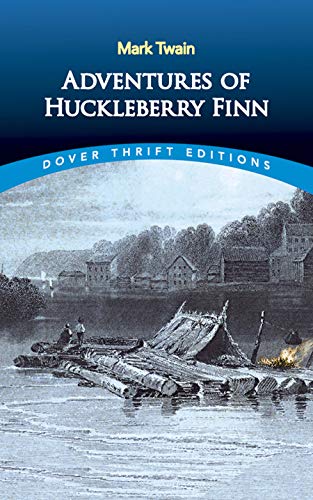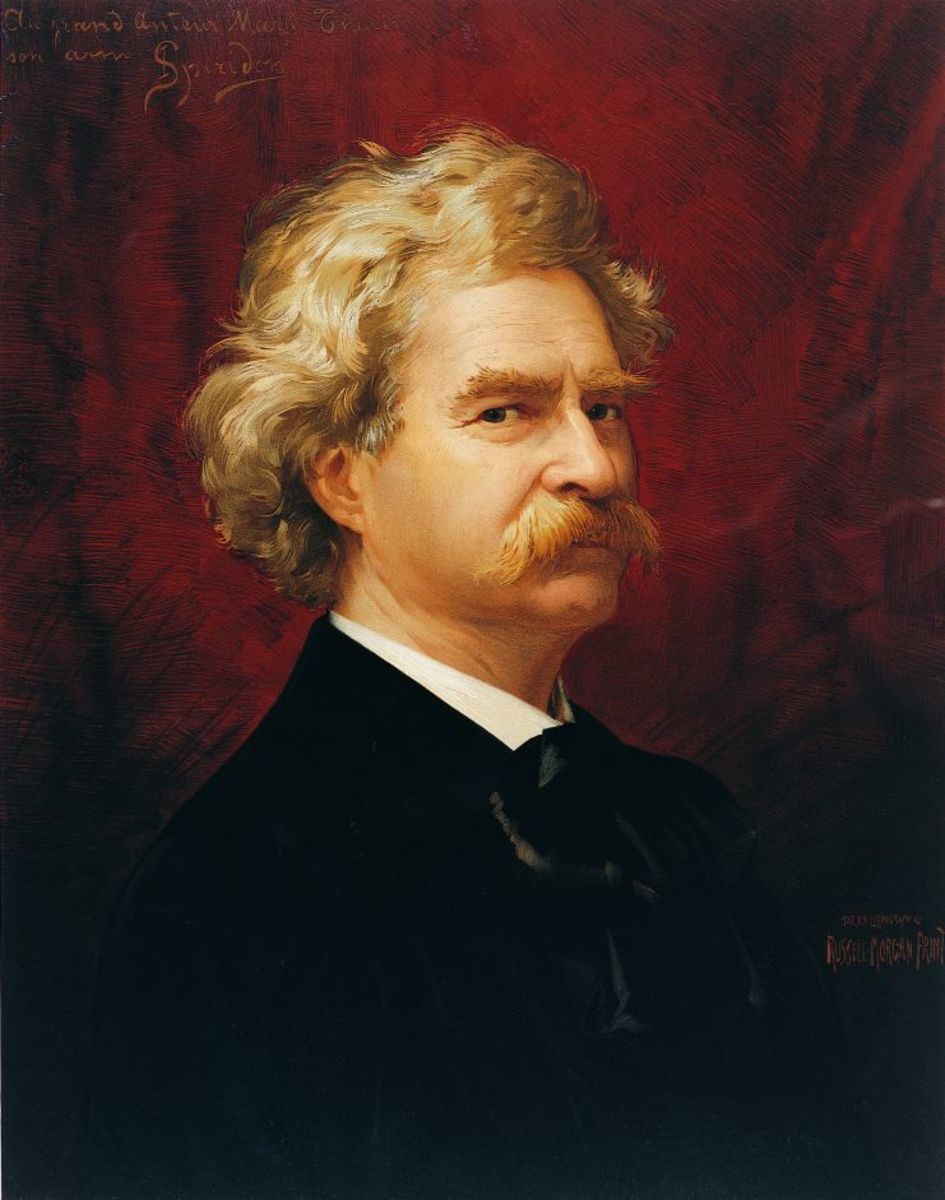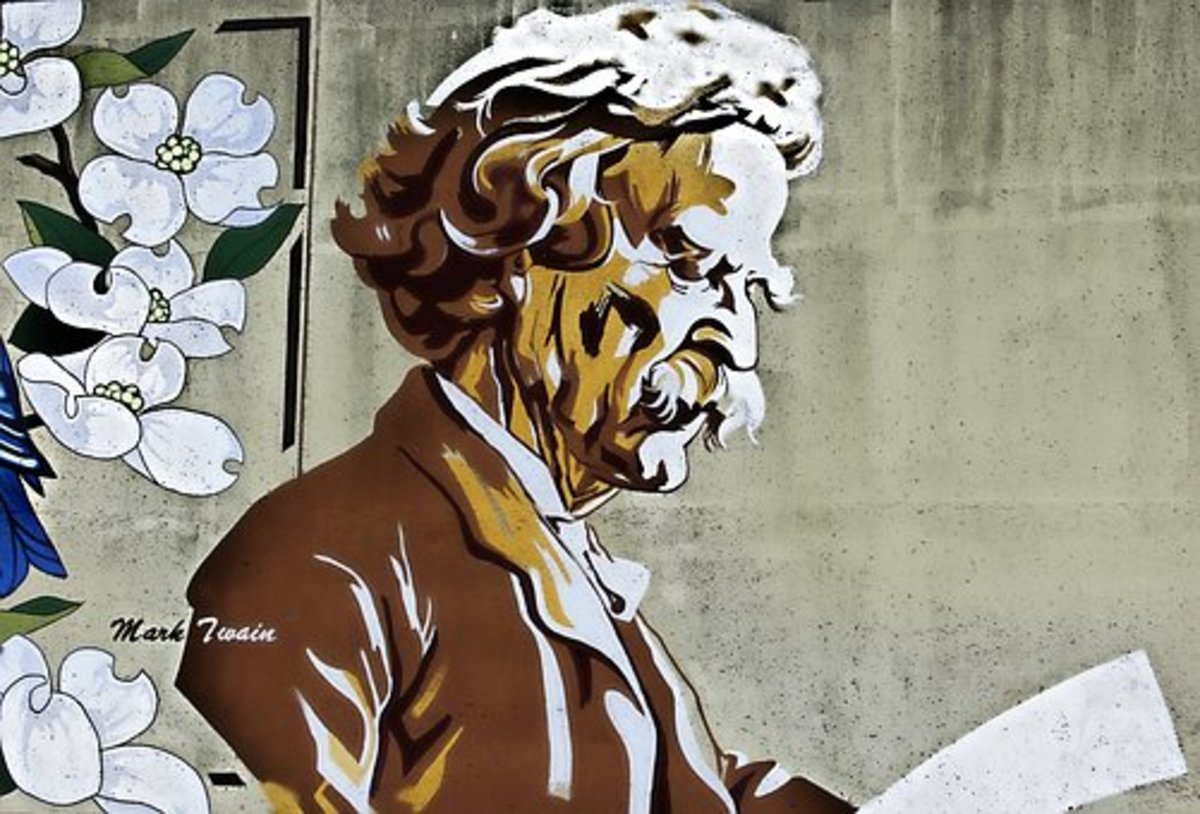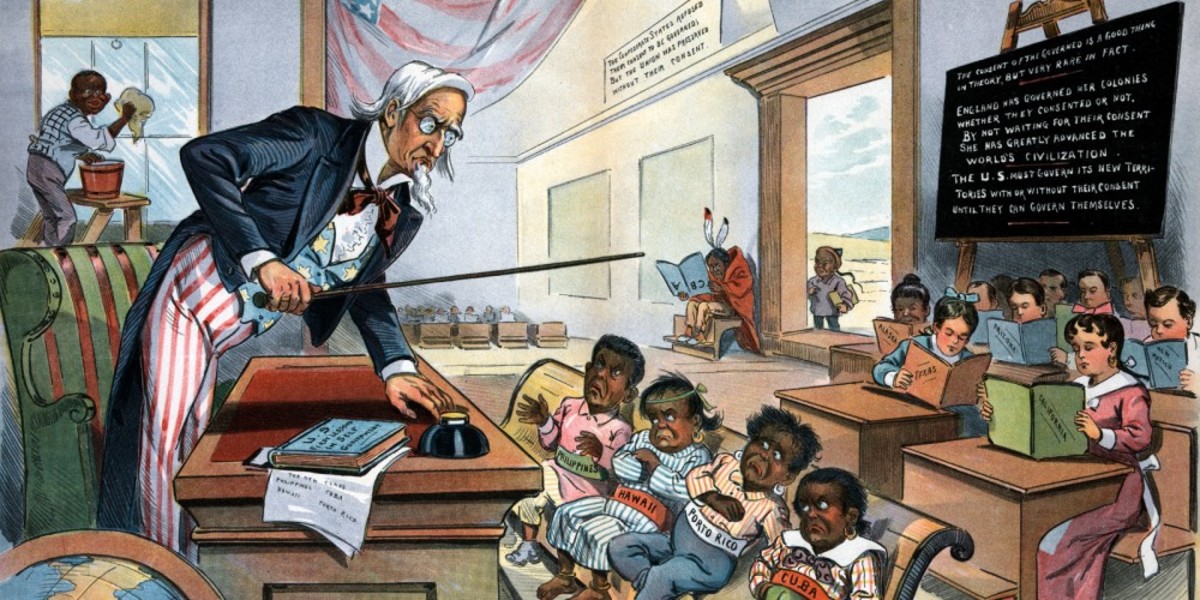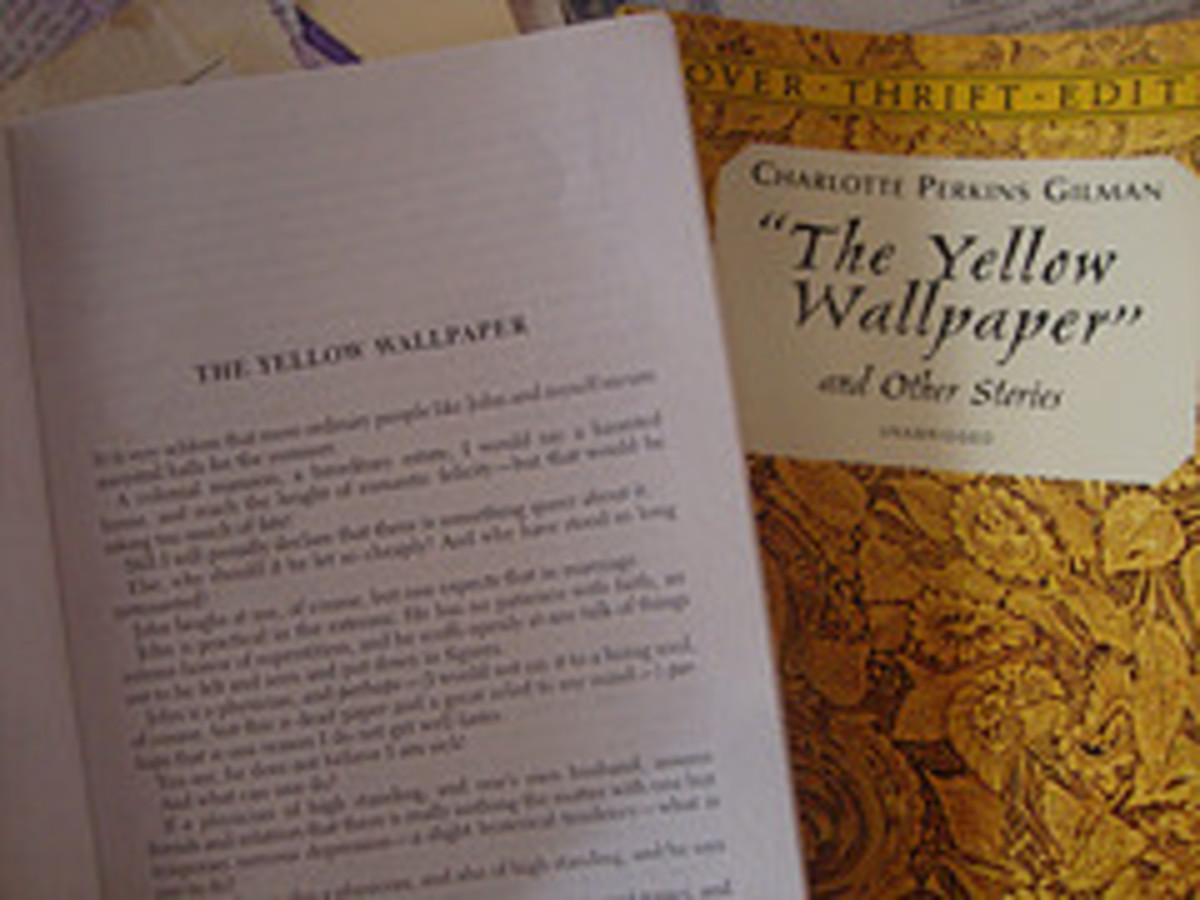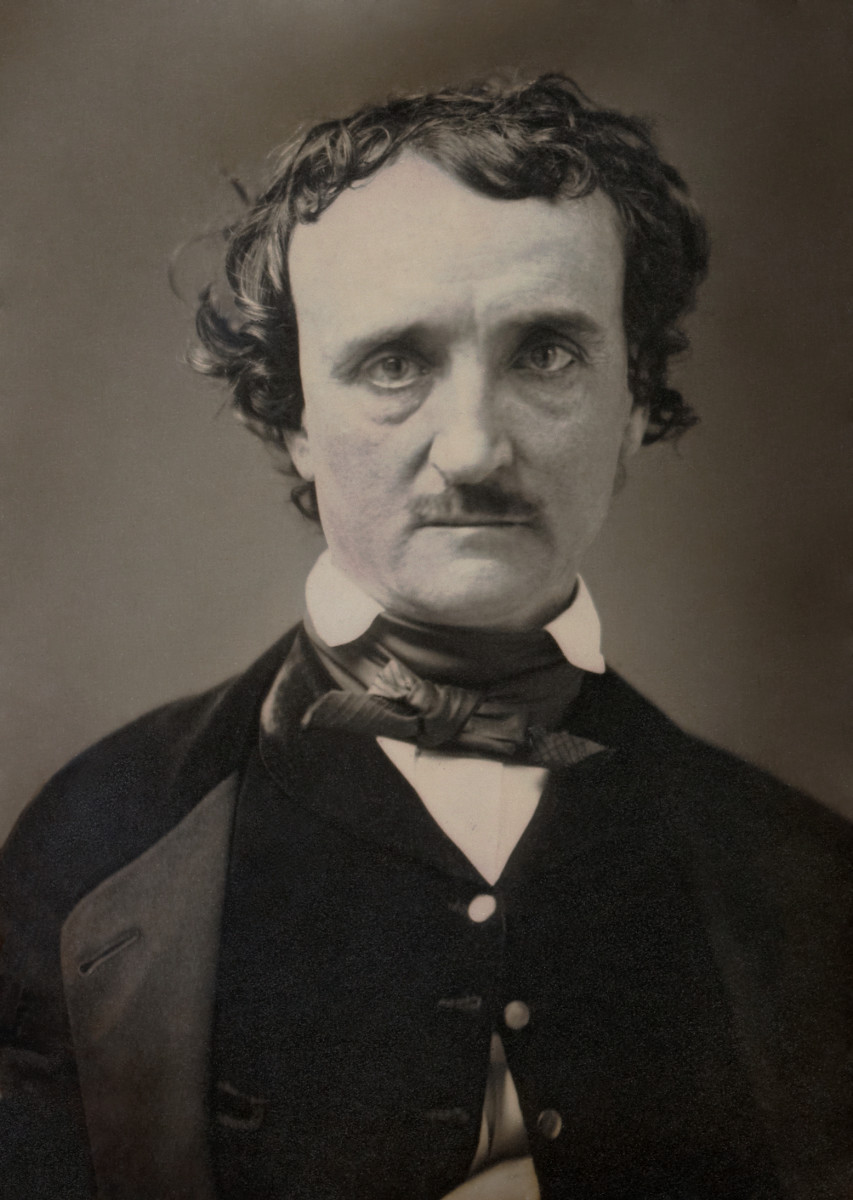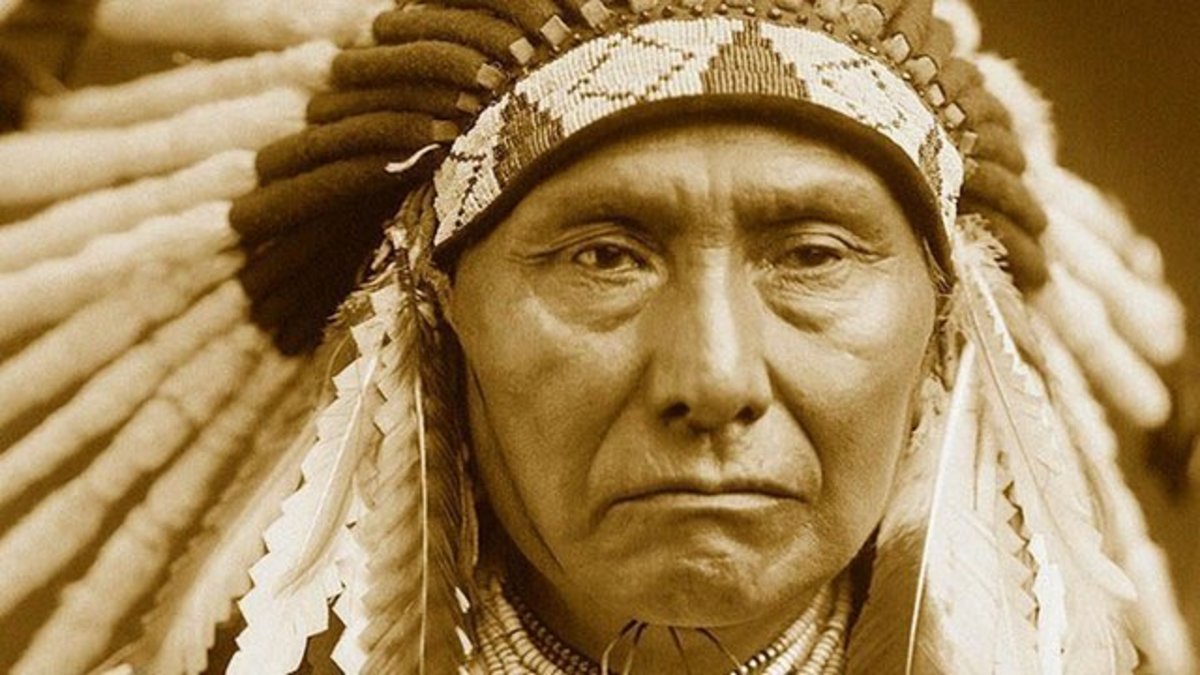- HubPages»
- Books, Literature, and Writing»
- Literature»
- American Literature
Huckleberry Finn: One Word Does Make A Difference
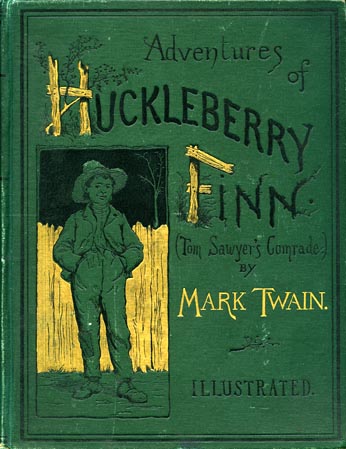
Once again, a gusty wind of bowdlerization is sweeping across the literary landscape. Only this time it is coming from a most unlikely source. An English professor is collaborating with an Alabama publisher to reprint both Huckleberry Finn and Tom Sawyer in a single volume. The announcement sent tremors through the publication world when it heard the new edition will replace the words "nigger" and "injun" with other terms more acceptable in today’s society. Unfortunately, the intense hoopla swirling around these two words is diverting attention from another serious liberty being taken. A sizable section of the original manuscript is being re-inserted in total defiance of the author’s decision to remove it prior to the first publication.
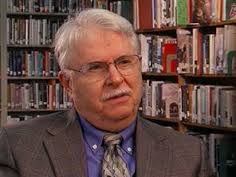
At the Epicenter is Dr. Alan Gribben, a recognized Twain scholar on the faculty of Auburn University at Montgomery, and NewSouth Books, publishers of fiction, nonfiction, poetry, and folklore about the South. Together, they have triggered a ground swell of criticism aimed at Mark Twain’s Adventures of Tom Sawyer and Huckleberry Finn: The NewSouth Edition, edited by Dr. Gribben. "Mark Twain's Adventures of Huckleberry Finn is a classic by most any measure," says Publishers Weekly. "Yet, for decades, it has been disappearing from grade school curricula across the country, relegated to optional reading lists, or banned outright, appearing again and again on lists of the nation's most challenged books, and all for its repeated use of a single, singularly offensive word: ‘nigger’."
Prof. Gribben has watched the steady decline of Twain’s exposure in classrooms across America. He is intense about restoring Huck Finn to its rightful place in the public school curriculum and he defends his decision to change the text in the preface of the new edition. "I believe that a significant number of school teachers, college instructors, and general readers will welcome the option of an edition of Twain’s fused novels that spares the reader from a racial slur that never seems to lose its vitriol."

Does the End Justify the Means?
Many of Dr. Gribben’s critics strongly disagree with his position. Most say they admire his noble purpose but reject his claim the end justifies the means. Overwhelming opposition is appearing everywhere and much of it calls his tampering with an American icon a perversion of political correctness. He is accused of caving in to a social agenda. To many, his capitulation is an insult to the talents of an acclaimed American novelist recognized for choosing his words with extraordinary care. Some of his colleagues are challenging his empathy for educators in the "new classroom" unable to deal with racial and social issues. They say he is rewarding lazy teachers and diminishing the importance of skillful teachers.
The N-Word
The word, while challenging to so many of today’s teachers, had a different effect around 1840. In Huck’s day, it found wide use and broad acceptance on every level of society and in all parts of the country. Often heard in speech and seen repeatedly in print, this word became woven into the tapestry of the era along with "buckboard", "outhouse", and "spittoon". The word implied neither complement nor slur. It described everyone of African decent be they free, slave, or indentured but it began to add layers of bitterness after the Emancipation Proclamation and years of Jim Crow.

In Reality
Mark Twain realized the word had become deeply embedded in the vernacular of each new and oblivious generation. In addition, his control of the language made him keenly aware of the literary penalties for redundancy. Still, he chose to use "nigger" 218 times, and once in the table of contents, to expose the pervasive and unconscious mindset in the Deep South at the time of Huck and Jim’s journey on the Mississippi. The repetition begs the reader to ask why children and adults alike used such a term. It also elevates Huck’s role in Jim’s escape from the South to an ethical level, making it a moral decision contrary to the norms of the day. A choice having significant, life altering consequences.
In History
Like the Trail of Tears, or the Invasion of Mexico, or the Japanese-American Internment, slavery is one of the reprehensible realities found in America's past. Not only is Huckleberry Finn a brilliant reflection of its time, it is a record of history. The novel is a word portrait acclaimed for capturing the ugliness of slavery. To change its words is to change the portrait. Changing the portrait rewrites history. To fulfill its commitment to justice for all, America’s history can not, and should not, be denied. Each new generation must be willing to forgive and anxious to heal. But to remain free, it must always remember the errors in the past.
In Exile
It is quite extraordinary to watch this controversy swirling around the reality and history associated with a single word. "Nigger" has come to represent an attitude so evil it is banished from the vocabulary. A fate reserved for the vilest of terms. It has become a literary leper not just shunned in print and speech but forbidden under all but a few circumstances. It has been expelled from many dictionaries, had its spelling corrupted, and its usage camouflaged by euphemisms. Like most taboos, it has not become extinct, just invisible. Using the more tolerated "n-word", like using "g-d", "!@#$%&" and other contrivances, has become the only device available to convey the meaning a writer wishes he could avoid.
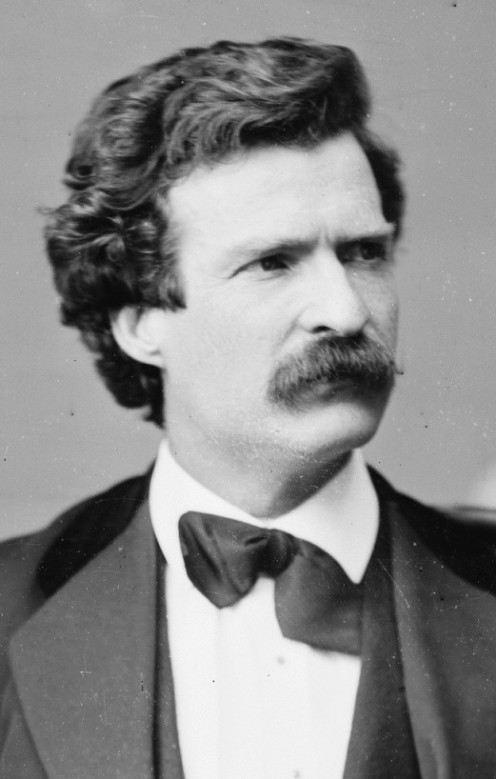
Words and The Right of Authorship
This word evokes intense emotions and this is reason enough to avoid it in a modern context. However, any writer today, including Twain if alive, could not avoid it to depict the texture of mid-1800 society. For Dr. Gribben to purge it from the narrative of Huckleberry Finn because of its vitriol is to deny Mark Twain his artistic right to control the novel he authored. The net effect transforms this masterpiece, written more than 125 years ago by Mark Twain, into a work by Mark Twain and Dr. Alan Gribben. Sharing the right of authorship is one thing Samuel Langhorne Clemens would not likely have encouraged or endorsed.
Unjustified Censorship
Without Mark Twain’s approval, the entire venture becomes an exercise to promote political correctness and a modest profit. But political correctness, like all forms of censorship, is intended to encroach on somebody’s freedom. For this reason, it must be condemned unless (1) it protects liberty, or (2) provides justice, and in either case, (3) it’s proven to be best and the only means available to achieve (1) or (2).
Replacing 219 occurrences of one word within a national treasure published more than a century ago does not protect Mark Twain’s authorship rights. This endeavor obviously does not protect liberty. Nor does it correct any of the wrongs created by racial inequality. It obviously does not provide justice either. And, in the final analysis, even if one of these conclusions proves to be untrue, it would become necessary to insure Prof. Gribben’s brand of censorship is in fact the only remedy available. Since classroom exposure is at the core of Dr. Gribben’s rationale, it fails to justify his censorship of the original text.
What next?
So what can be expected in the aftermath of all this fuss over replacing two of Mark Twain’s carefully chosen words? NewSouth Books will produce their version of the Adventures of Tom Sawyer and Huckleberry Finn: The NewSouth Edition, edited by Dr. Alan Gribben. They will have "slave" and "Indian" replacing the original text. Teachers may again have the opportunity to introduce Mark Twain to younger students without having to educate them about the missing words.
But, tomorrow’s young readers will be the ones to pay. The application of our 21st century sensitivities will rob them of valuable lessons about 19th century economic and social realities. Their historical perceptions will be sacrificed on the altar of academic expediency, all in the pursuit of commerce. The lesson they will learn from the teachers using this new edition will be clear. The best way to promote great literature is to change the impact of the author’s original words. Each new generation will have lost a revered example of the power and evolution of the English language. And an American treasure will have been stripped of its authenticity.
Any society willing to pay this price without a din of opposition would accept clothes on nude statues to encourage museum attendance. It would be in favor of sanitizing D.H. Lawrence and would tolerate the elimination of blasphemy from The Catcher in the Rye. So is resisting the change of a single word in just one American classic really important? You can bet your future it is!


